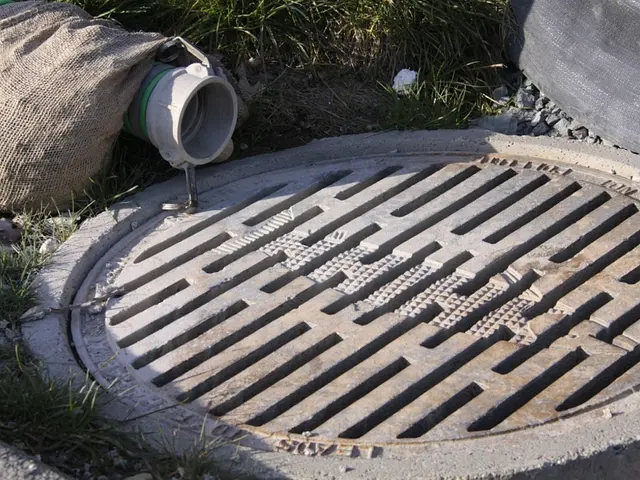Europeans to construct underwater gas pipeline for Nigeria in Africa
The ambitious $25 billion Nigeria-Morocco Gas Pipeline (NMGP) is a mega-infrastructure initiative that aims to ferry natural gas from Nigeria's shores through a whopping 13 African nations to Morocco, and eventually to Europe via an undersea pipeline (let's call it a liquid gold highway).
This project, a pet priority for Nigerian President Bola Tinubu, is expected to pump around 60 billion cubic meters of Nigerian gas into Europe annually, providing a considerable energy lifeline. However, recent investor chats have been more about the project's overall scale and export potential than a specific annual gas supply figure.
Scheduled to be realized along the West African coastline, the pipeline's development stage has been pushed back from 2023 to 2025 due to its complexity and scale. Vice President Kashim Shettima has been working the global energy exec circuit, selling this baby to bigwigs from the likes of the Vitol Group.
So, what's in it for Nigeria? A considerable economic boost, generating revenue and creating jobs, bolstering its economy and positioning it as an African energy powerhouse. For Europe, it could mean eased energy worries, providing a substantial new gas source, and, thus, enhancing energy security. Regionally, it could foster integration and economic cooperation.
For global energy firms, it's a once-in-a-blue-moon investment opportunity, with Nigeria highlighting its recent economic reforms to lure investors. But there are obstacles. The project's massive scale and ambition present challenges that require cooperation from multiple governments and significant expertise.
In short, the pipe dream is expected to cement Nigeria as a leading African energy exporter, provide Europe with a much-needed energy bridge, and unite several African nations in a historic regional integration effort. It's a game changer for both continents, with potential implications far beyond the energy sector.
Key Players: President Tinubu, Vice President ShettimaMain Implications: Economic boost for Nigeria, energy security for Europe, regional integrationProjected Annual Gas Supply (potential): ~60 billion cubic meters (cited in some reports)
This pipeline project, with its estimated annual gas supply of approximately 60 billion cubic meters, has attracted the attention of global energy firms, such as the Vitol Group, given its potential for boosting Nigeria's economy and enhancing energy security in Europe. Furthermore, this oil-and-gas endeavor, positioned to be a significant energy lifeline, also offers potential opportunities in the finance and industry sectors, as the ambitious Nigeria-Morocco Gas Pipeline (NMGP) promises to unite multiple African nations across various industries.








